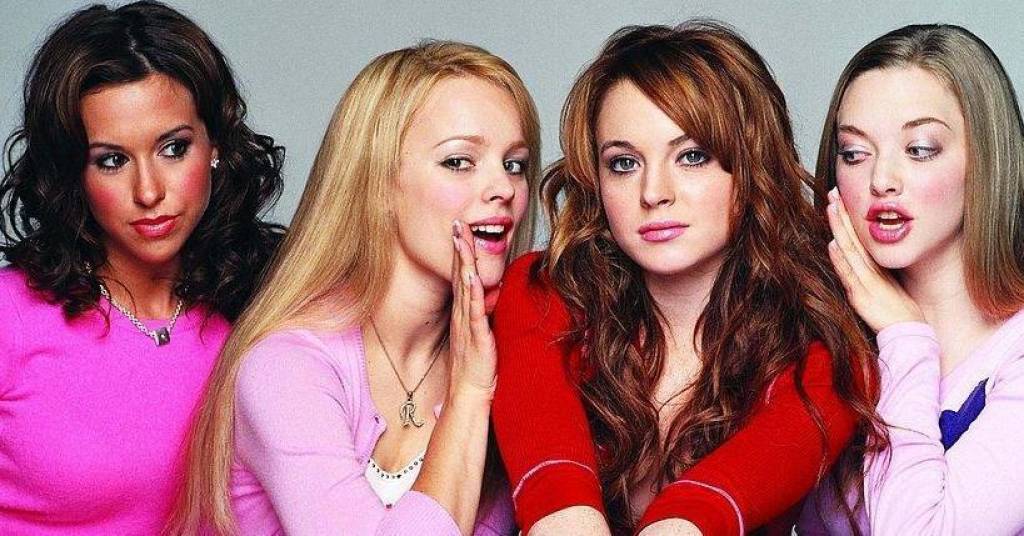When The Little Mermaid first came out, my friend’s 7-year old son wanted to see it. My friend took her son to the movies. He loved the movie so much he wanted to have a Little Mermaid-themed birthday party. My friend’s husband was not amused. He expressed his concern that there must be something wrong with a little boy who was interested in a movie about a mermaid. “That’s a ‘chick flick’”, he said.
Friends and I went to see the movie Under the Tuscan Sun when it first came out in the movie theaters. One friend’s husband joined us and afterward, he kept joking around about the lack of any football scene in the movie. He also mentioned how much he had enjoyed the movie but from his embarrassed attitude about attending, I doubted that he would be telling any of his male friends about it.
Compare these scenarios to a girl who sees the movie Transformers. I don’t see parents becoming concerned about their daughters who wish to see a movie whose target audience is primarily male. This is quite a contrast from the reaction to the little boy who wanted to see The Little Mermaid (an excellent movie, I might add). In fact, despite its male target audience, movies like Transformers are often big box office hits.
Each year, the list of the 10 highest paid U.S. actors and actresses in Hollywood comes out and everyone on the list is male. Every last one. Presumably, actors with huge paydays for movies are those that can bring in the largest audience, making the most money for the movie. Perhaps this is because the boy who shows an interest in a “chick flick” learns early on that there must be something wrong with him. Girls, by contrast, are still taught to attend movies with their male counterparts, even if that movie is targeted to a primarily male audience.
There isn’t even a comparable phrase for “chick flick”, to reference movies whose audience is assumed to be primarily male. These kinds of movies are just called “movies”.
It is still socially acceptable for men to use the characterization of a movie as a “chick flick” as an excuse not to attend with their female partners or friends. I’ve heard too many women lament that their husbands won’t see the movies they want to see and so they miss them altogether.
Both men and women suffer from this very subtle and seemingly innocuous discrepancy. On the one hand, it sends women and girls the message that their experiences as portrayed on the big screen have no value to anyone else but them. On the other hand, men receive the message that it is acceptable that their own personal experience is the only one that matters. That’s pretty selfish, right? I would imagine its awfully boring, too.
All of us can change this trend by expecting that any movie of interest to women is something men should see also – just as the movies that interest men are something women have been seeing all along.
Being part of a couple or a family means that you support the interests of your loved ones. Being part of a society means that we can recognize the value of both women’s and men’s experiences recreated on the big screen. All of us need to expect the same treatment from men and boys and model this behavior for the next generation. In doing so, we will raise boys who are free to express their interests without ridicule and allow them to experience much greater diversity in their lives.
Let’s stop using the phrase “chick flick” and start expecting men and boys to value and support what is of interest to women – just as women do for men.
 Paula M. Jones is the creator of the multimedia web site, Small Epiphanies: Subtle Insights for Profound Change. Designed to be a single source of daily inspiration, Small Epiphanies is founded on the belief that true lasting change comes from the smallest insights that are available to us at all times. Check out her web site at www.smallepiphanies.co, like her Facebook page at www.facebook.com/smallepiphanies and follow her on Twitter at @EpiphaniesSmall.
Paula M. Jones is the creator of the multimedia web site, Small Epiphanies: Subtle Insights for Profound Change. Designed to be a single source of daily inspiration, Small Epiphanies is founded on the belief that true lasting change comes from the smallest insights that are available to us at all times. Check out her web site at www.smallepiphanies.co, like her Facebook page at www.facebook.com/smallepiphanies and follow her on Twitter at @EpiphaniesSmall.

